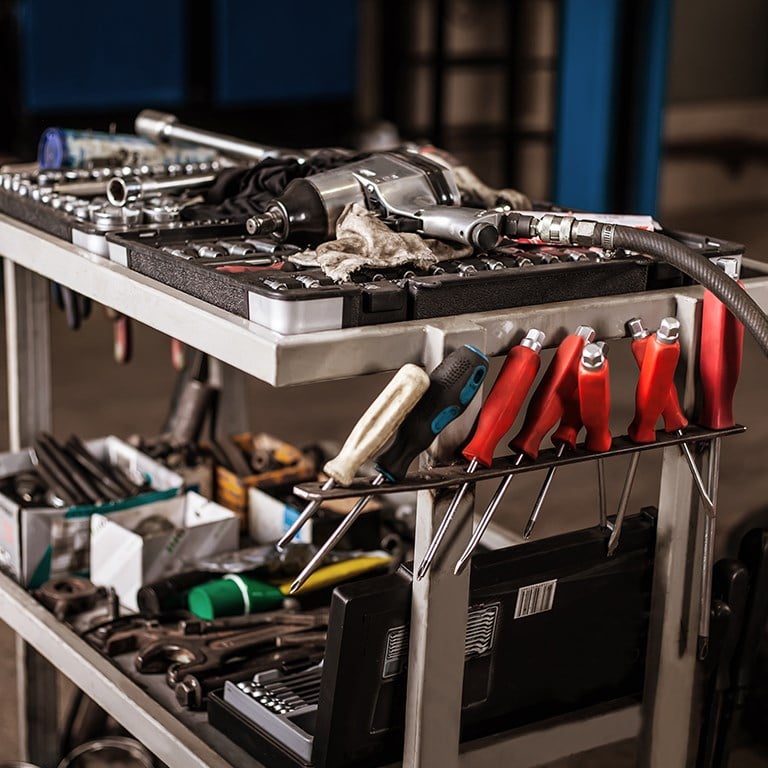Management Tools
The Internet of Things (IoT) is an expansive network of connected sensors and smart devices combined with advanced analytics to draw insights from the data they produce in order to monitor equipment and improve services. Among other things, smart devices include wearables, smart home mechanisms (such as thermostats and lighting controls), connected cars and industrial equipment. As a category, they are experiencing a compound annual growth rate of 20%, and some experts predict that there will be 50 billion connected things by the year 2020. Many smart devices are shifting analyses and services to the edge—or close to the source of data rather than the data center. Certain autonomous machines such as robots, drones and autonomous cars can process data locally. Manufacturers of these devices are not only makers of a component of the IoT but entities with a unique connection to, and insights into, customers. Potential barriers to growth of the IoT include concerns about data security, the ability to operate across devices and systems, cost, and the difficulty of integrating new and existing operations. Still, nearly every industry is exploring emerging opportunities to capitalize on the IoT.
Usage and satisfaction among survey respondents

How the IoT works:
- Sensors and devices built into consumer goods (such as smart thermostats) and industrial equipment (such as gas turbines) collect data about how they are functioning and their environment.
- Networks connect that data to analytic engines, generally in the cloud, where both people and machines can interpret and mine the information for insights, often in combination with other sources of data.
| RELATED TOPICS | HOW BAIN CAN HELP |
|---|---|
Companies use the IoT to:
- Create and obtain data on their business and customers
- Monitor equipment performance to improve management, maintenance and replacement decisions
- Reduce waste and cost of materials
- Improve employee efficiency
- Broaden product and service offerings (for instance, equipment makers adding services that evaluate when a machine requires maintenance); expand relationships with customers
- Establish partnerships with adjacent industries
- Perform analysis close to the source of data (for example, evaluating real-time customer experiences in stores or monitoring patients in hospitals)
- Automate systems
Many industries are investing in the IoT:
- Automakers are competing to develop IoT-enabled applications such as autonomous driving systems.
- Telcos are building services to secure and maintain networks of connected devices for services such as patient monitoring in hospitals and quality control in factories.
- Mobile platform providers such as Apple, Google and Samsung are promoting smart home technologies, smart watches and other consumer technologies.

Management Tools & Trends
Five key trends emerged from Bain's survey of 1,268 managers.
Selected references
Blum, Herbert, Darren Jackson, Velu Sinha, and Paul Smith. “Close to the Core: Telcos’ Competitive Advantage in the Internet of Things.” Bain.com, February 24, 2017.
Bosche, Ann, David Crawford, Darren Jackson, Michael Schallehn, and Paul Smith. “Defining the Battlegrounds of the Internet of Things.” Bain.com, April 27, 2016.
Brynjolfsson, Erik, and Andrew McAfee. The Second Machine Age: Work, Progress, and Prosperity in a Time of Brilliant Technologies. W. W. Norton & Company, 2014.
Chou, Timothy. Precision: Principles, Practices and Solutions for the Internet of Things. CrowdStory Publishing, 2016.
Rossman, John and Greg Shaw. The Amazon Way on IoT: 10 Principles for Every Leader from the World’s Leading Internet of Things Strategies (Volume 2). Self-published, 2016.
Sinclair, Bruce. IoT Inc: How Your Company Can Use the Internet of Things to Win in the Outcome Economy. Business Books, 2017.